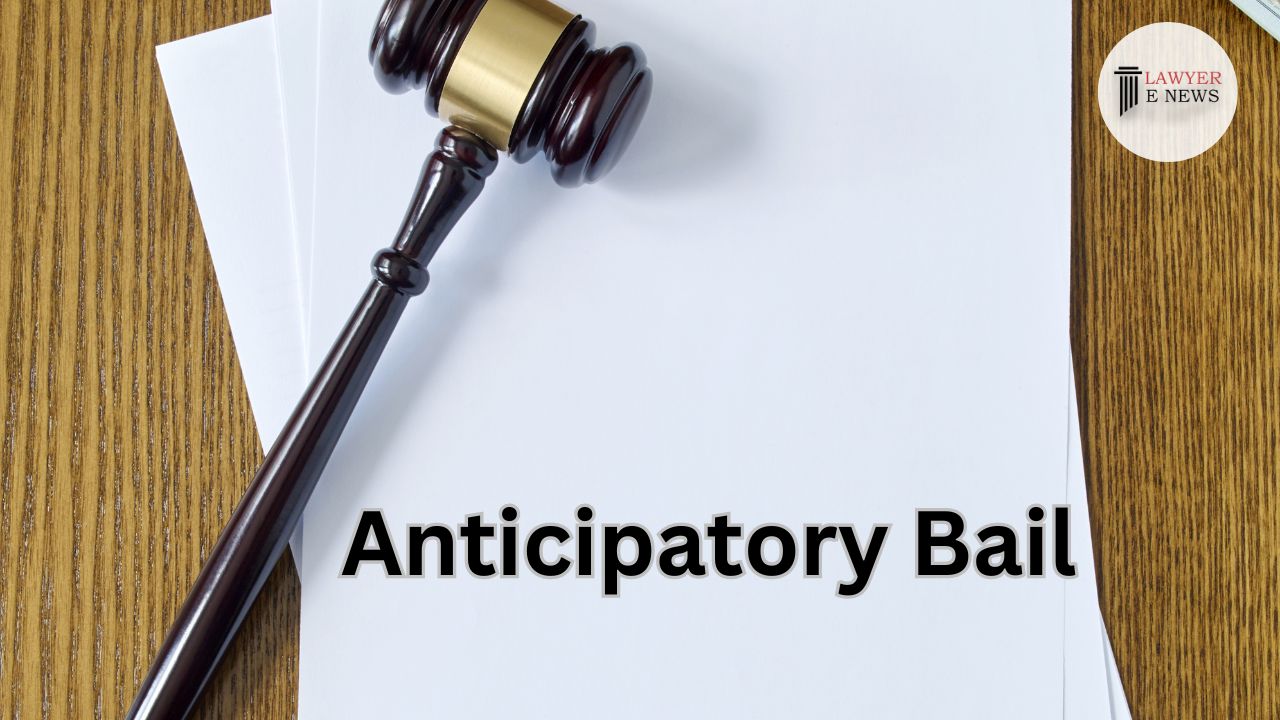-
by Admin
15 February 2026 5:35 AM



The Punjab and Haryana High Court has granted anticipatory bail to Sahil @ Sahil Singh @ Shalu, in a landmark judgment today, concerning his involvement in a fatal group assault incident. Hon’ble Mr. Justice Kuldeep Tiwari observed, “Considering the minimal role of the petitioner, it is appropriate to grant anticipatory bail,” emphasizing the limited participation of Sahil in the overall crime scenario.
Sahil was summoned under Section 319 of the Criminal Procedure Code (Cr.P.C.) to face trial as an additional accused in the case registered under multiple sections of the Indian Penal Code (IPC) concerning a fatal assault. His petition for anticipatory bail was predicated on his alleged minimal involvement in the assault and the argument that custodial interrogation was unnecessary.
Background Details: The initial police investigation cleared Sahil of presence at the crime scene. However, subsequent testimonies during the trial led to his summoning as an additional accused, accused primarily of delivering fist blows during the altercation.
Defense’s Arguments: Advocating for Sahil, the defense stressed that he was only marginally involved in the incident, and other more significantly involved accused had already been granted bail.
Opposition by the Prosecution: The State’s counsel resisted the bail application, pointing to the severity of the crime—murder. They argued against granting anticipatory bail due to the case’s gravity.
High Court’s Analysis: Justice Tiwari critically analyzed the contributions of the various accused to the incident and Sahil’s specific actions. Given the petitioner’s previously determined innocence by the police and his comparatively minor role in the assault, the Court found sufficient ground to grant anticipatory bail. The ruling stipulates that Sahil must surrender within 15 days for regular bail proceedings, with the provision that failure to comply will lead to revocation of the bail relief.
Judgment Issued:The High Court allowed the petition for anticipatory bail, underlining the judiciary’s balanced approach to evaluating each accused’s role in complex criminal cases involving multiple participants.
Date of Decision: May 10, 2024
Sahil @ Sahil Singh @ Shalu vs State of Punjab
